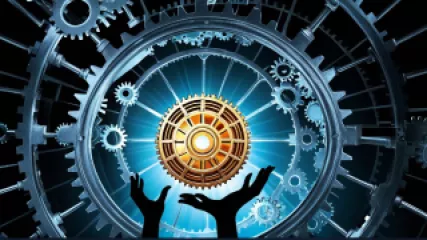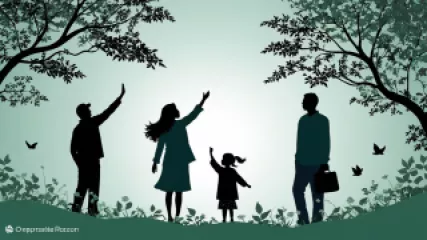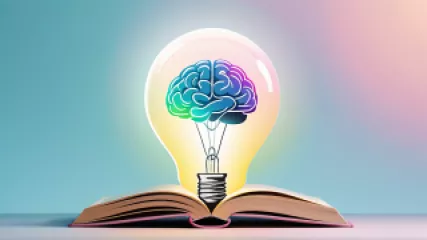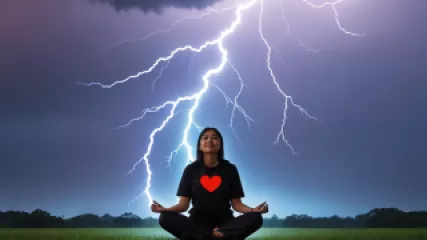Exploring the Psychology of Pain: A Personal Perspective
1 year ago
Psychology of Pain
How the Psychology of Belief Shapes Our Perspectives
1 year ago
Psychology of Belief
The Ultimate Guide to Crisis Intervention for Emotional Well-being Support
1 year ago
Crisis Intervention
The Ultimate Guide to the Psychology of Belief
1 year ago
Psychology of Belief
A Step-by-Step Guide to Managing Obsessive-Compulsive Disorder Online
1 year ago
Obsessive Compulsive Disorder
How to Manage Obsessive-Compulsive Disorder: A Step-by-Step Guide
1 year ago
Obsessive Compulsive Disorder
10 Effective Strategies for Handling Life Setbacks
1 year ago
Handling Life Setbacks
The Importance of Psychoeducation in Mental Health Awareness
1 year ago
Psychoeducation
My Journey to Emotional Awareness: Understanding the Complexity of Feelings
1 year ago
Understanding Emotions
The Power of Psychoeducation: Unlocking Mental Health Insights
1 year ago
Psychoeducation
Unlocking Mental Strength for Peak Athletic Performance
1 year ago
Psychology Of Sport
Reclaiming Your Life: Why Reducing Screen Time is Essential for Well-Being
1 year ago
Reducing Screen Time
The Psychology of Gift Giving: How It Can Help Us Cope
1 year ago
Psychology of Gift Giving
How to Understand and Manage Your Emotions
1 year ago
Understanding Emotions
A Comprehensive Guide to Crisis Intervention: Step-by-Step Strategies for Mental Health Professionals
1 year ago
Crisis Intervention















